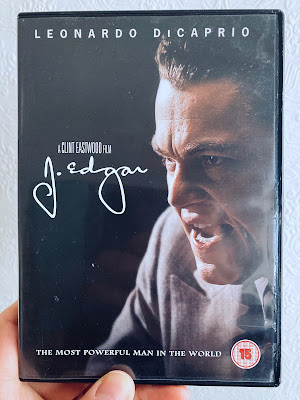The aesthetic is bland and corporate, as it should be. Scorsese avoids the subtle layering of American Hustle and instead opts for relentlessness, brilliantly pushing the excess factor. Some of the speeches by the “wolf” are incredibly well done – a much more extreme twist on the “greed is good” theme of Michael Douglas as Gordon Gecko in Wall Street.
Some critics complained that there’s no moral core, but surely that’s the point of this film. The book is even better. Jordan’s written account condenses certain episodes in his life. The film further combines and condenses, so inevitably drifts towards fiction.
A diverse cast also includes Jonah Hill, Margot Robbie, Rob Reiner, Joanna Lumley and Matthew McConaughey.

















































